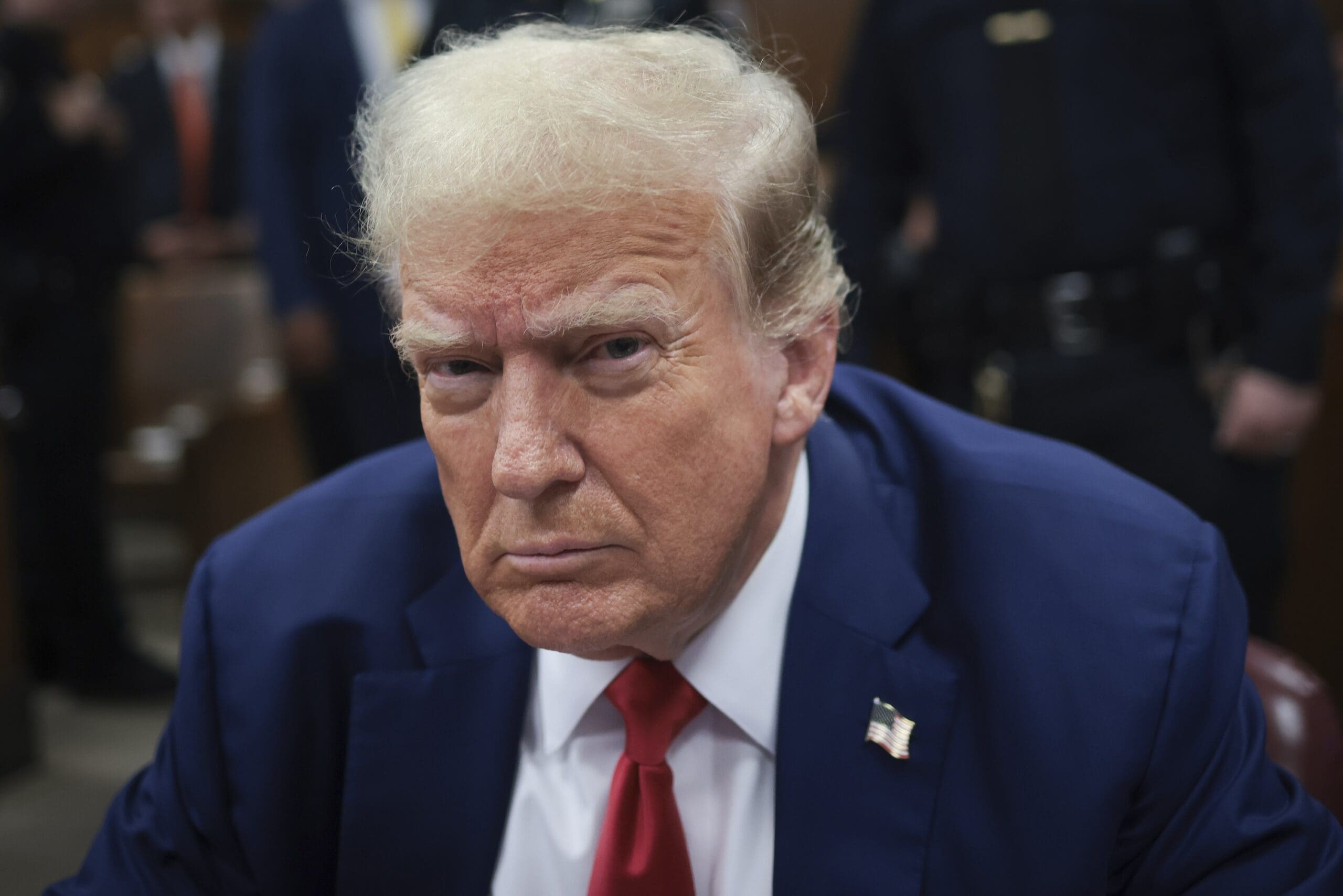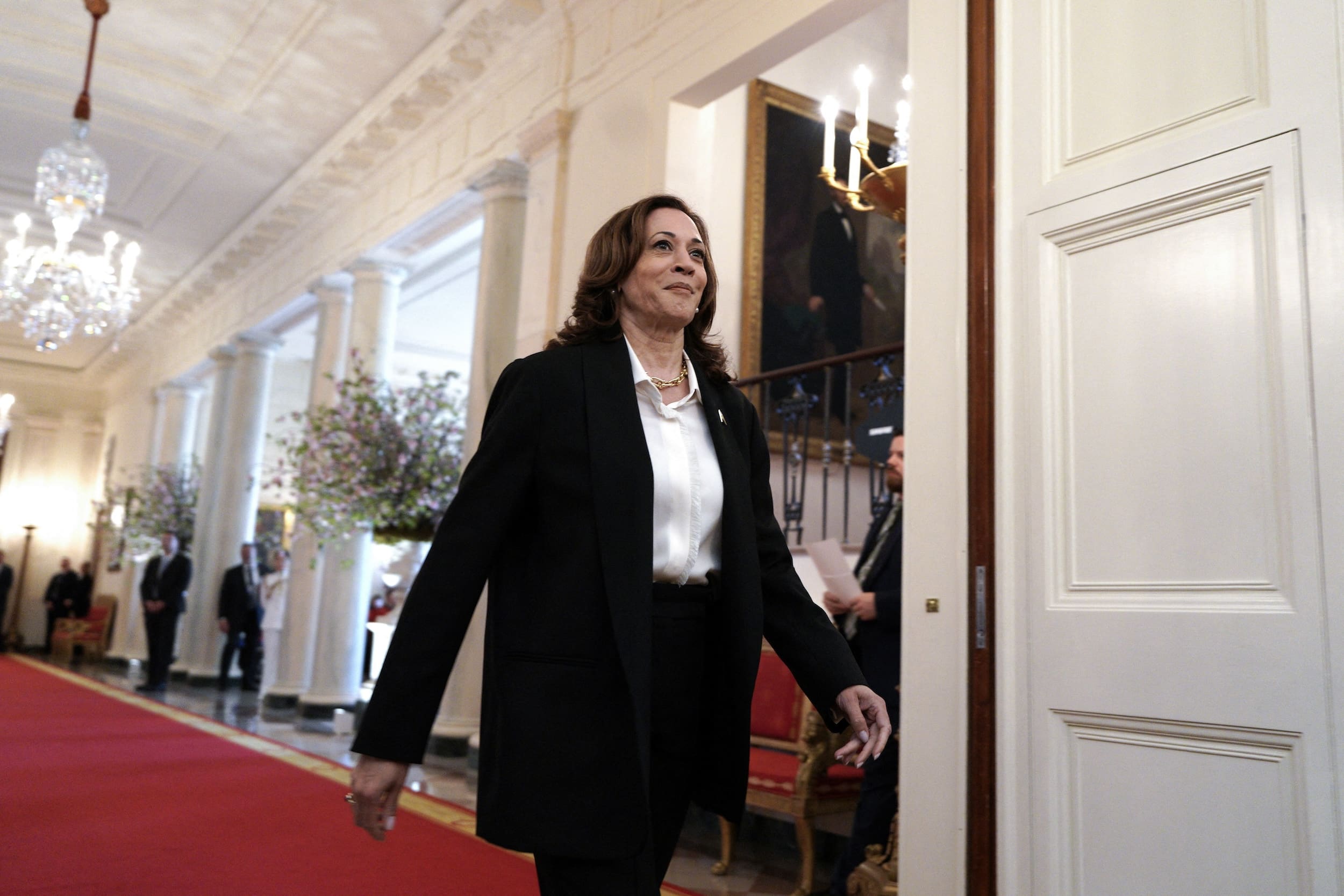Wisconsinites will see prescription costs cut as Inflation Reduction Act takes effect

Oliver Willis
President Joe Biden signed insulin price caps and prescription benefits into law in 2022.
The Department of Health and Human Services released a report on Wednesday estimating that implementation of the 2022 Inflation Reduction Act will create millions in savings on prescription drug costs for Medicare enrollees.
The report comes on the first anniversary of the law’s signing by President Joe Biden. A key part of Biden’s “Bidenomics” economic agenda, the law passed Congress on a party line vote in 2022 with only Democratic support.
Biden touted the prescription benefits of the law in remarks at the White House, citing opposition to the provisions from major pharmaceutical companies.
“For years, Big Pharma won. Big Pharma blocked us. But not this time,” Bidensaid. “This time, we finally beat Big Pharma. Medicare finally has the power to negotiate lower prescription drug prices, like the Department of Veterans Affairs has had the power.”
Many of the key provisions of the law affecting prescription drug costs went intoeffect Jan. 1. The report, released by the Office of the Assistant Secretary for Planning and Evaluation, analyzed past data to forecast savings from the new law.
It determined that the $35-per-month insulin cap would have saved a total of $734 million in costs for people enrolled in Medicare Part D and an additional $27 million for those in Medicare Part B plans if the new law’s provisions had been in effect for all of 2020. HHS estimates that 1.5 million people would have benefited from the new discounts.
The act also eliminated out-of-pocket costs for vaccines recommended by the Centers for Disease Control and Prevention’s Advisory Committee on Immunization Practices, such as vaccines against COVID-19, Ebola, hepatitis A and B, HPV, influenza, measles, and polio. The study estimated that Medicare enrollees would save $70 on vaccinations per year when the law is in effect; 3.4 million people received covered vaccines in 2021.

The law caps annual out-of-pocket prescription costs for Medicare Part D enrollees. The cap will be $3,250 in 2024 and will drop to $2,000 in 2025. The study projects that spending for more than 18.7 million people covered by the plan will be reduced by about $7.4 billion per year starting in 2025.
Drug companies have announced price cuts to insulin since the Inflation Reduction Act was enacted.
Eli Lilly announced in March that it would cap its insulin at $35, and that same month, Novo Nordisk announced that prices for some of its prefilled insulin pens and vials would be cut by 75%.
Republicans have attempted to pass legislation that would rescind the law, including the provisions that provide relief from prescription drug costs.
House Republicans proposed legislation in February that would repeal the entire law, but it has not come to the floor for a vote. Biden criticized the proposal in a February speech and said he would veto it.
In October, Republican Sens. James Lankford (OK) and Mike Lee (UT)introduced legislation that would prevent Medicare from capping drug prices. “Unfortunately, the Democrats’ new government drug price control in their so-called ‘Inflation Reduction Act’ creates even more barriers to effectively bringing down the cost of prescriptions, particularly for senior adults on Medicare,” Lankford said in a statement at the time.
The legislation has not been taken up for a vote by the Senate, where Democrats have a majority.
Published with permission of The American Independent Foundation.




